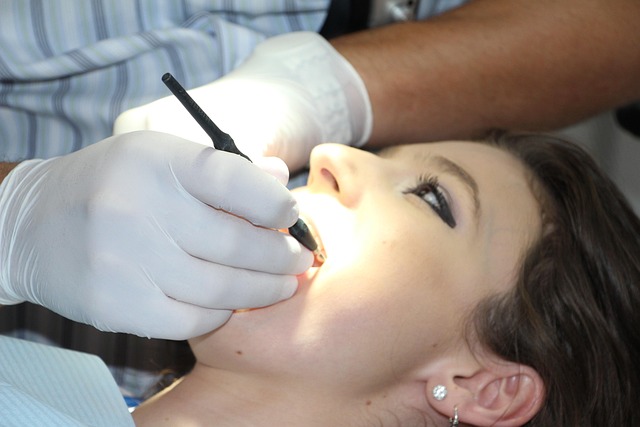Teeth grinding, also known as bruxism, is a common issue that many struggle with, often exacerbated by stress and anxiety. If you find yourself waking up with sore jaws or headaches, you’re not alone. It’s important to recognize that your lifestyle and nutrition can play a critical role in combating this distressing habit. By adopting a healthier lifestyle and focusing on nutritious foods, you can significantly reduce teeth grinding and improve your overall sleep quality.
A healthy lifestyle often starts with managing stress effectively. Incorporating regular exercise into your routine can be a game changer. Activities such as yoga, walking, or swimming can help alleviate stress, promoting relaxation and better sleep. Even moderate physical activity can lead to improvements in mood, which can reduce the tendencies to grind your teeth. Moreover, practicing mindfulness or meditation can aid greatly in calming your mind and body, helping to prevent bruxism during the night.
Nutrition also plays a pivotal role in combatting teeth grinding. Maintaining a balanced diet rich in essential vitamins and minerals can influence your muscle health and stress levels. Magnesium and calcium are crucial for muscle function, and a diet low in these nutrients may contribute to jaw tension and increased grinding. Foods such as leafy greens, nuts, seeds, and dairy products are excellent sources of these vital minerals. Additionally, staying hydrated is vital; dehydration can lead to muscle cramps and tension, furthering the likelihood of grinding your teeth while you sleep.
Limiting caffeine and alcohol can also be beneficial; both of these substances can exacerbate anxiety and disturb your sleep patterns, leading to heightened instances of teeth grinding. Consider incorporating calming herbal teas, like chamomile or peppermint, into your routine, particularly in the evening. These natural remedies can promote better sleep quality and reduce stress, thus decreasing the chance of bruxism.
Furthermore, prioritizing sleep hygiene can have a significant impact on your overall sleep experience. Creating a relaxing bedtime ritual helps signal to your body that it’s time to wind down. Aim for a consistent sleep schedule, keep your bedroom cool and dark, and turn off screens at least an hour before bed. A good night’s sleep not only helps keep bruxism at bay but also enhances your overall health, contributing to a more balanced lifestyle.
In summary, tackling teeth grinding requires a holistic approach, focusing on a healthy lifestyle and nutrition. By managing stress through exercise and mindfulness, eating a balanced diet rich in magnesium and calcium, and improving your sleep hygiene, you can find relief from the discomfort of teeth grinding. Remember, every positive change brings you one step closer to peaceful nights and brighter days.




